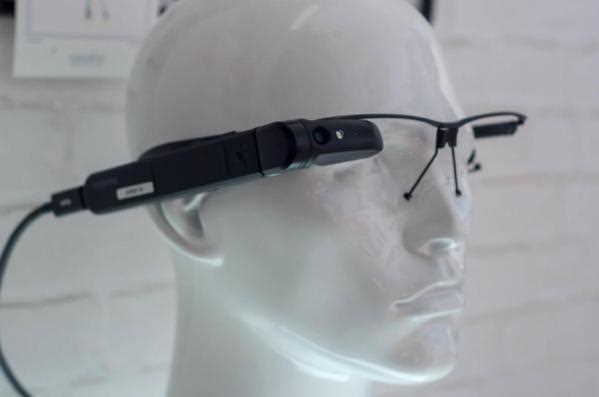
When we look back at the seismic events of the 2010s, the decision by the United States Supreme Court to strike down a law prohibiting gambling (with a few exceptions, like Nevada) across the US probably registers pretty low on the Richter Scale. However, for that industry, it could have huge repercussions, ones that will be felt in South Africa and the rest of the world.
Why should South Africans take note about what happens with gaming laws in America? Because America matters. And, like it or not, what happens in the States impacts the rest of the world in terms of economics, technology and society. With several states already legalising online sports betting and casino, and many more set to join, the size of the global gambling industry will swell in the coming years.
But, more importantly, perhaps, Silicon Valley matters. And with the technology powerhouse region seeing an opportunity within an American market ready to explode, the changes could be felt around the globe. Indeed, even without America’s influence, betting and gaming will change significantly in the coming years, and it’s all down to technology.
Social betting will rise in the 2020s
For a start, we will see the continued shift of betting and gaming towards a social activity. Yes, gambling is considered social in respect of heading to Vaal for the horse racing or a night at a casino. But by social we mean online communities pooling together knowledge, advice and data to make collective decisions and potentially better ones. We can already see evidence of this on social media and with the rise in betting exchanges. As such, one could see the traditional bookmaker disappearing.

Indeed, the social aspect will also strengthen at online casinos. Today, you can win instant cash at South African sites like Slotsheaven in both virtual and live formats. For the latter, live dealer games, there has been a surge in the social aspect with multiplayer options, and even new concepts like live slot machine studios where people play communally.
In the early 21st century, the betting and gaming industry was obsessed with optimising its content for mobile. Arguably, it did a better job of being prophetic of mobile’s importance than other business sectors, but the 2020s might be the decade that wearables – smartwatches and glasses, for instance – become genuinely mainstream, perhaps even replacing mobile phones. The iGaming industry is aware of this, and you can already play casino games and place bets through watches.
Countries will update gambling laws
If wearables, particularly smartglasses, take off in the 2020s, a lot of it will be down to VR (virtual reality, or, perhaps more aptly, AR (augmented reality). These technologies are driving the next generation of casino games, some of which will begin to look a lot like video games by the end of the decade. In terms of how you bet on sports, such devices could be used to call up statistics and other information, placing it instantly before your eyes. For avid punters, that should be very exciting.
In terms of the industry as a whole, we expect the 2020s to become more formalised in the eyes of the law. Gambling legislation is messy all over the world, with many countries having laws that do not reflect modern gambling trends, i.e. on the internet, and many national parliaments have bills designed to update legislation stuck in the system.
In South Africa, gambling revenue is expected to grow in the years ahead. While much of the 2010s saw revenue still dominated by casino resorts, bingo halls and lotteries, the increased use of the internet will likely shake these traditional models. Is that a good thing in a country where land-based casinos directly employ more than 10,000 people? Like all technology, gambling’s move to virtual platforms is neither good or bad, but it must be recognised as a reality if the country is to benefit.













